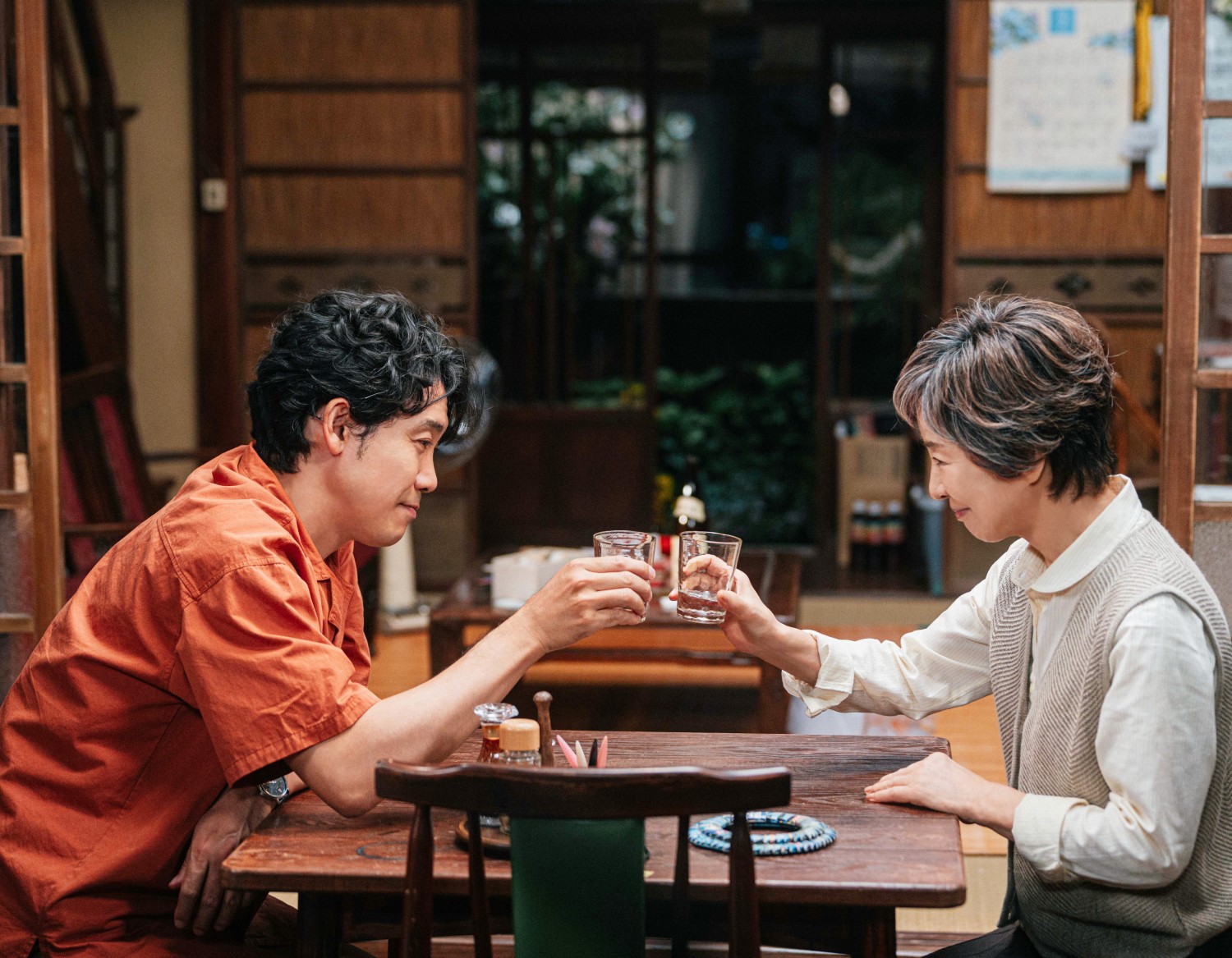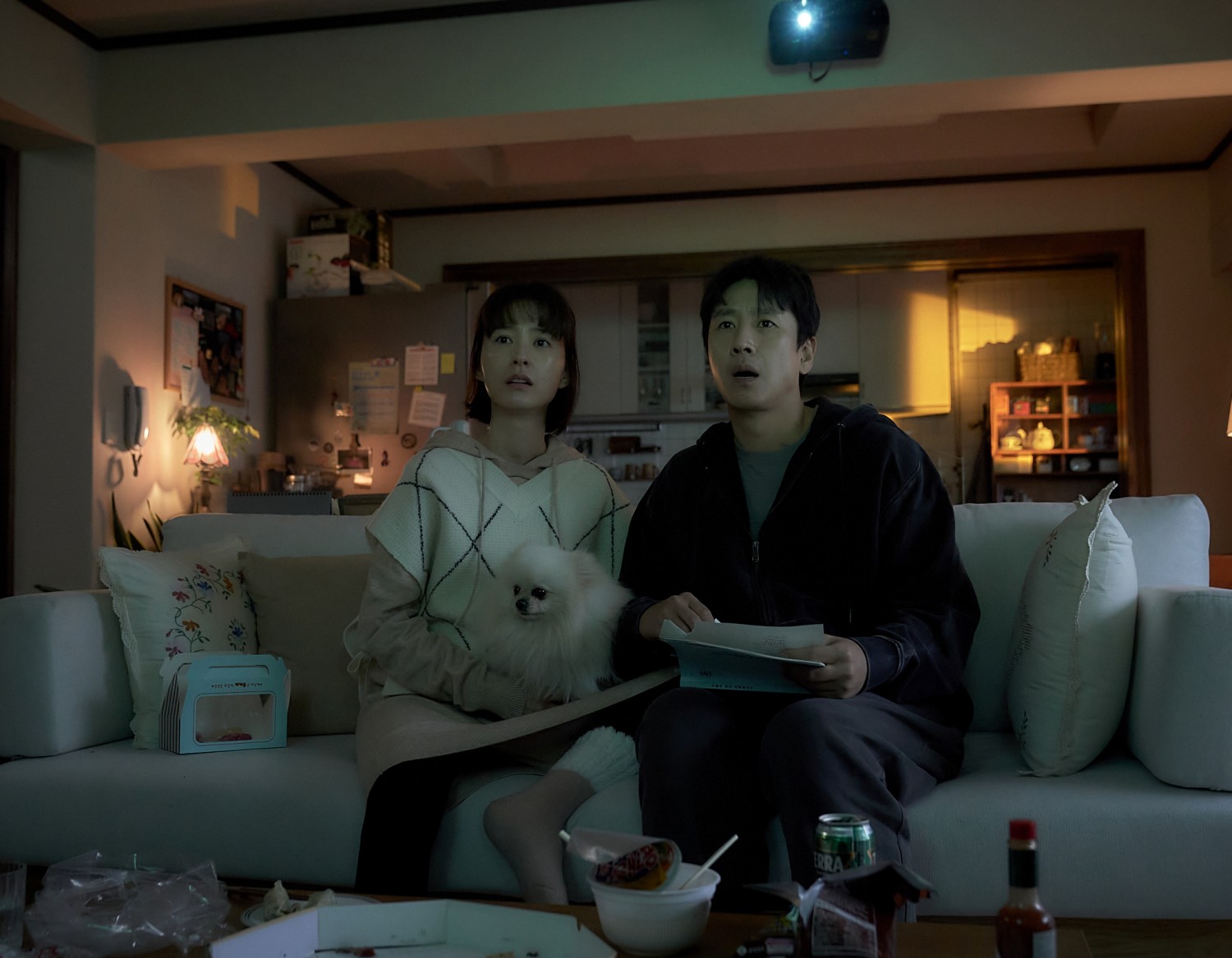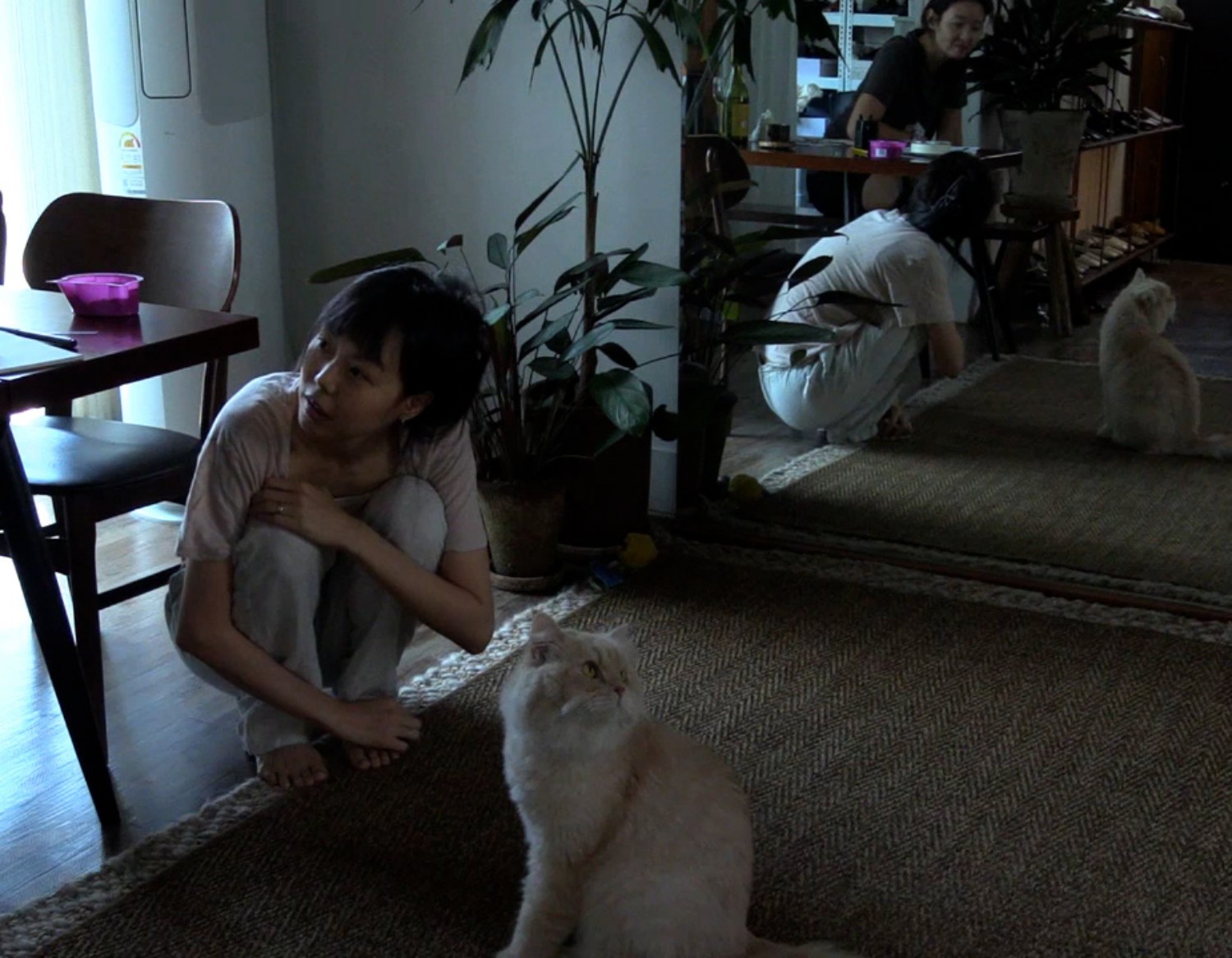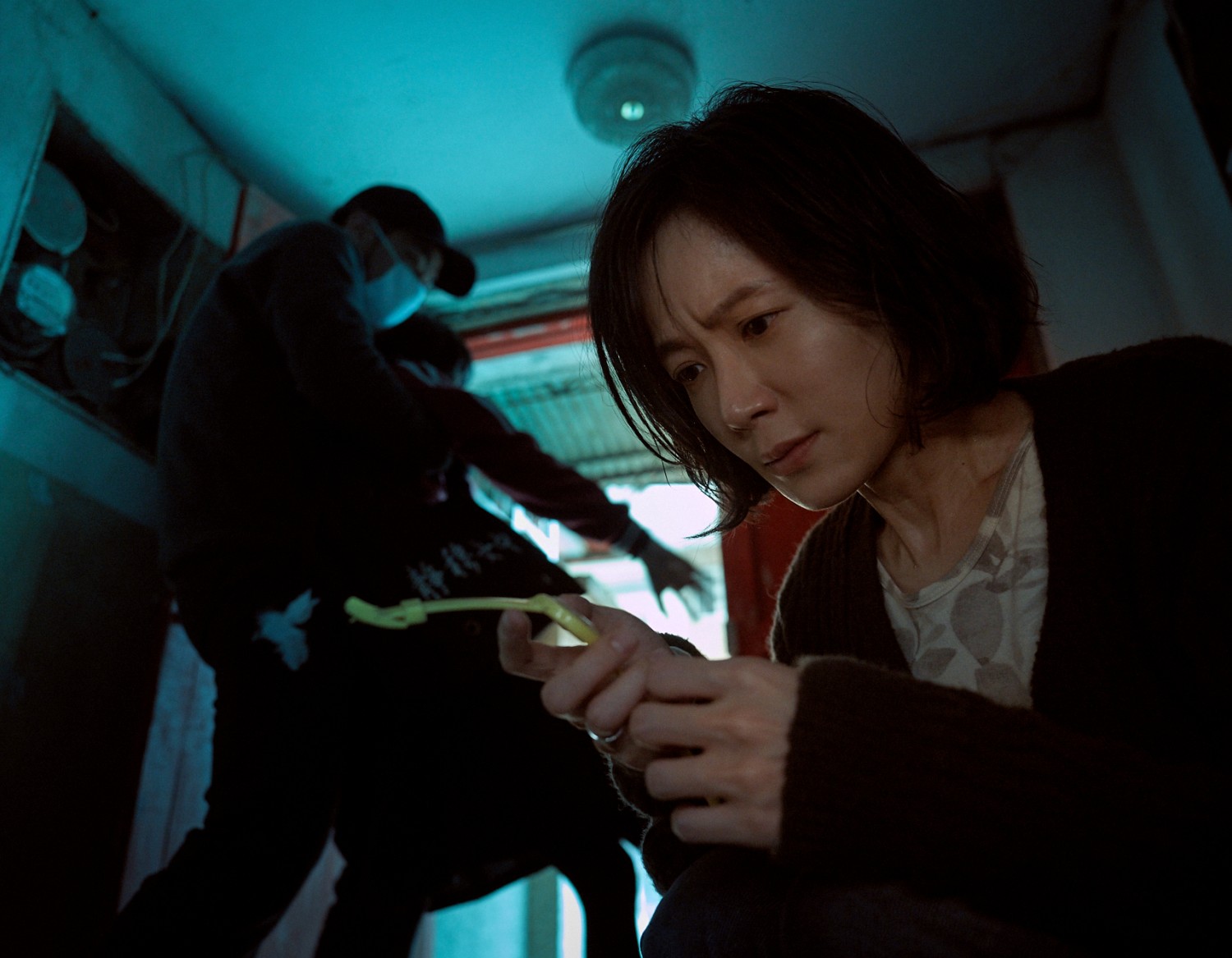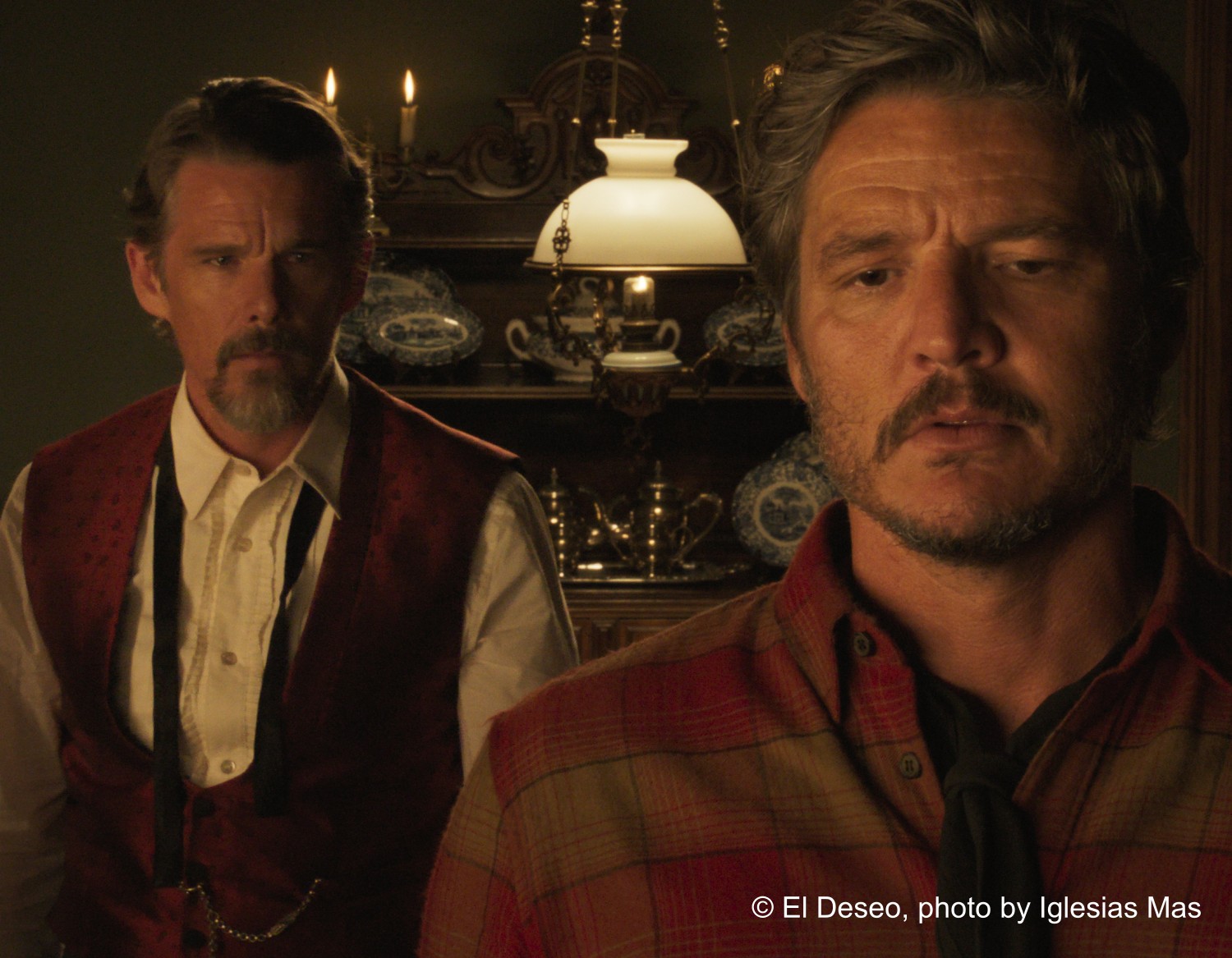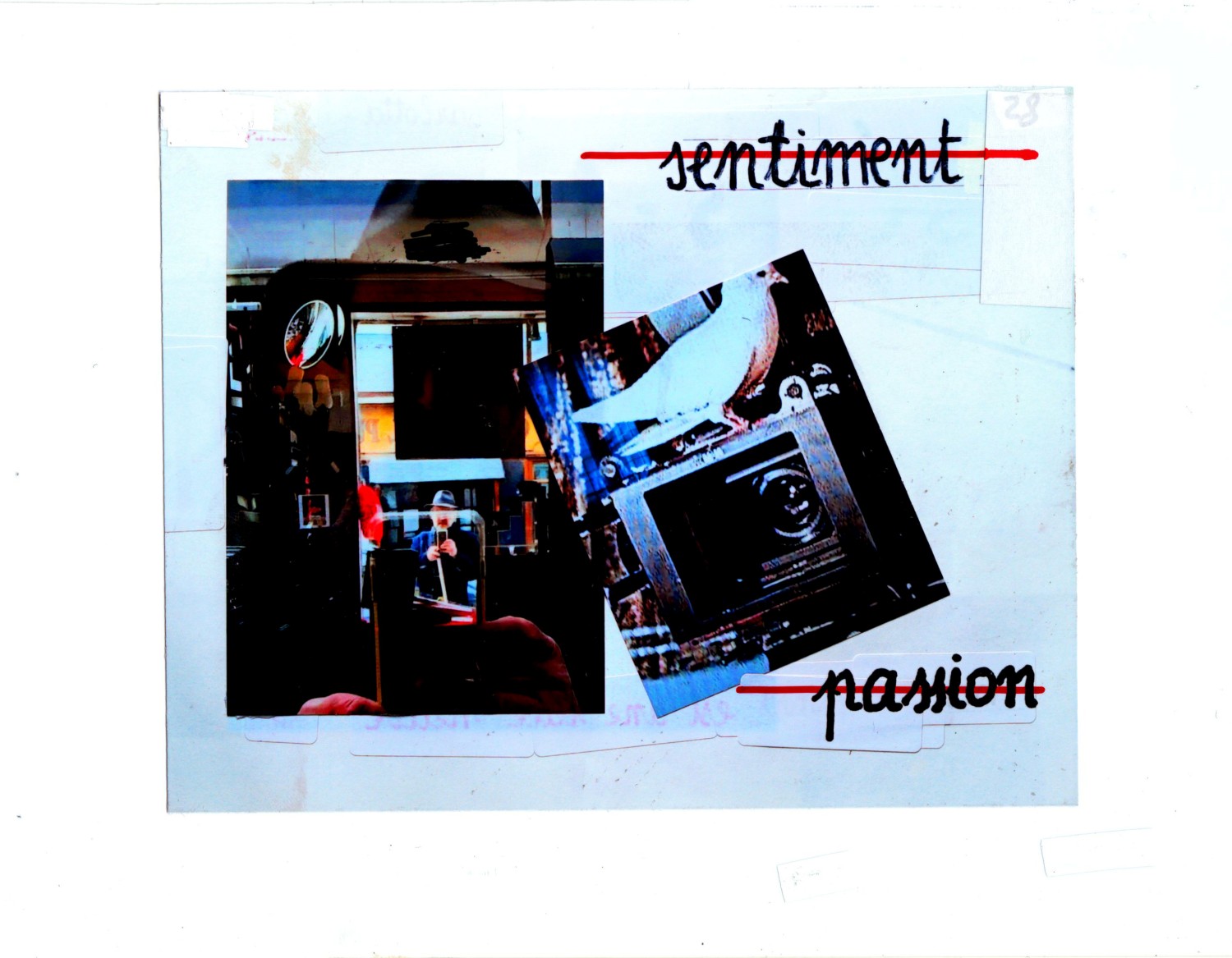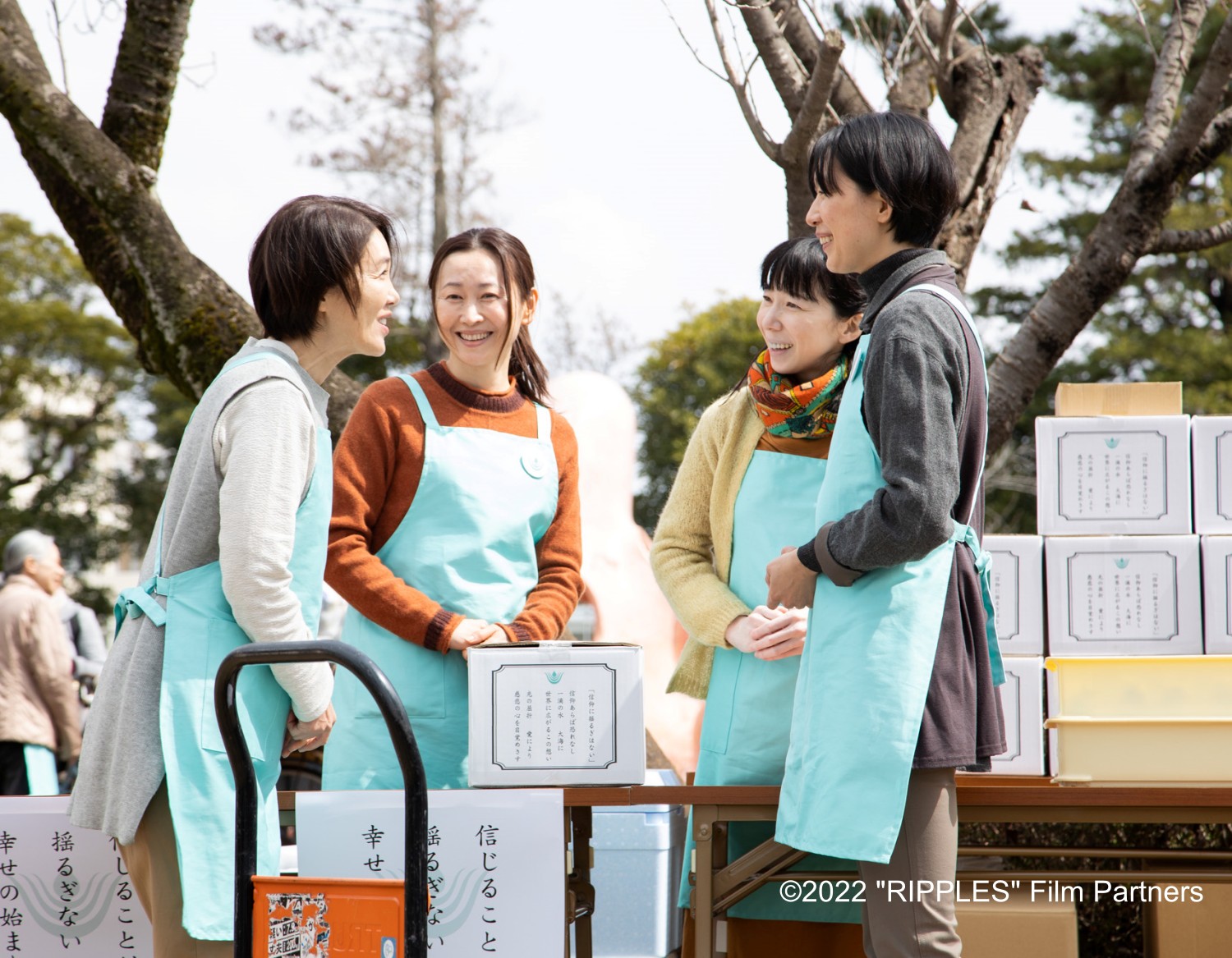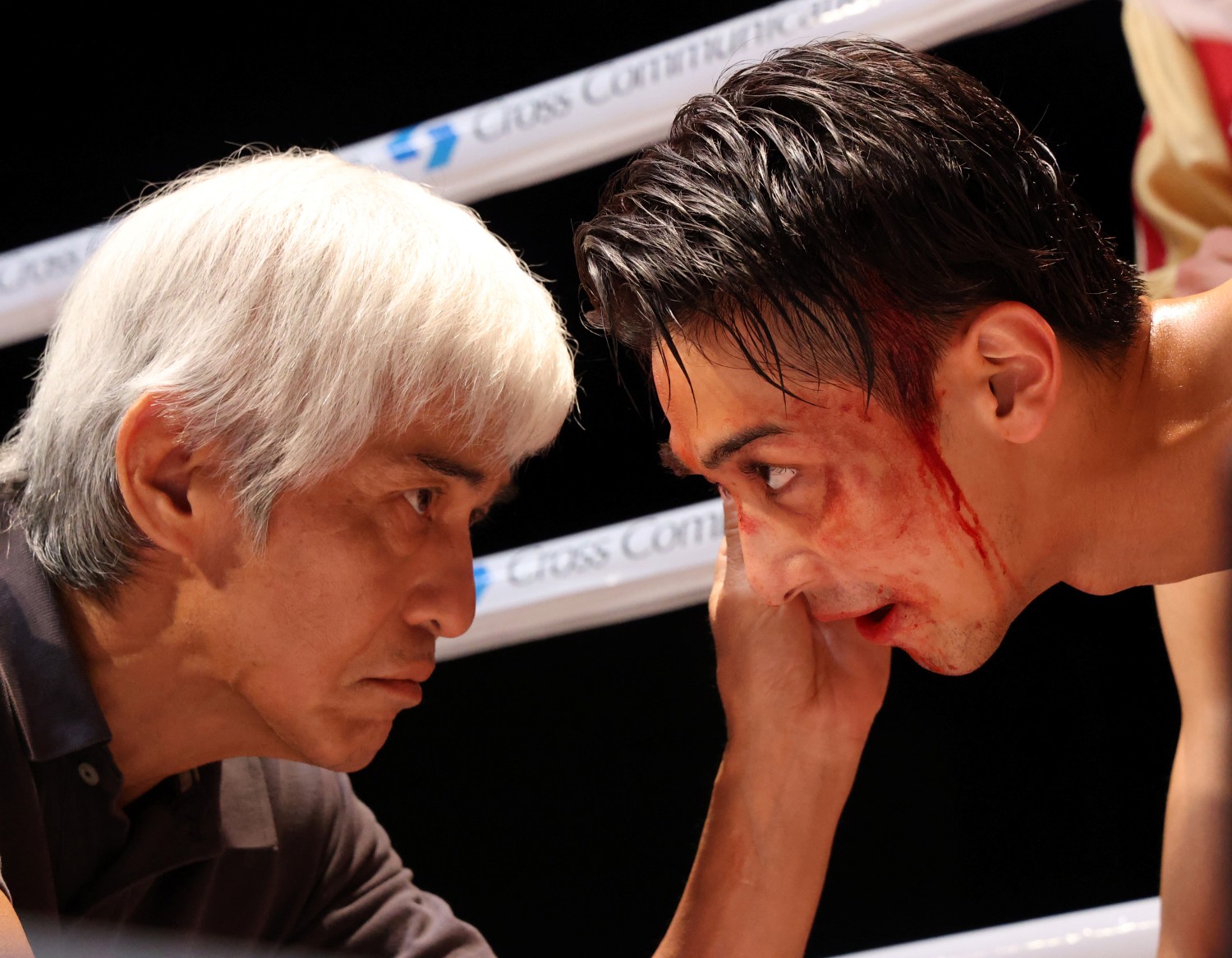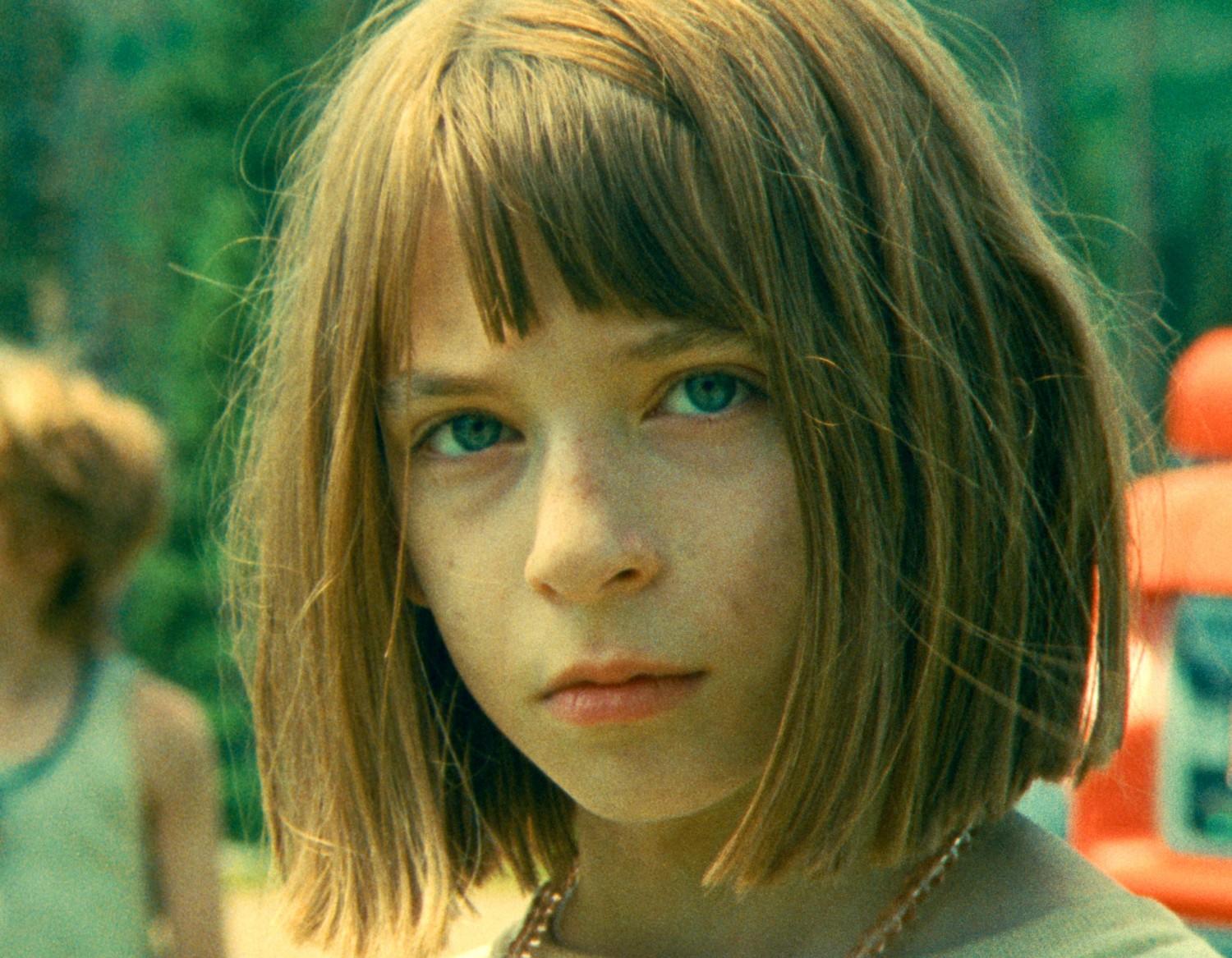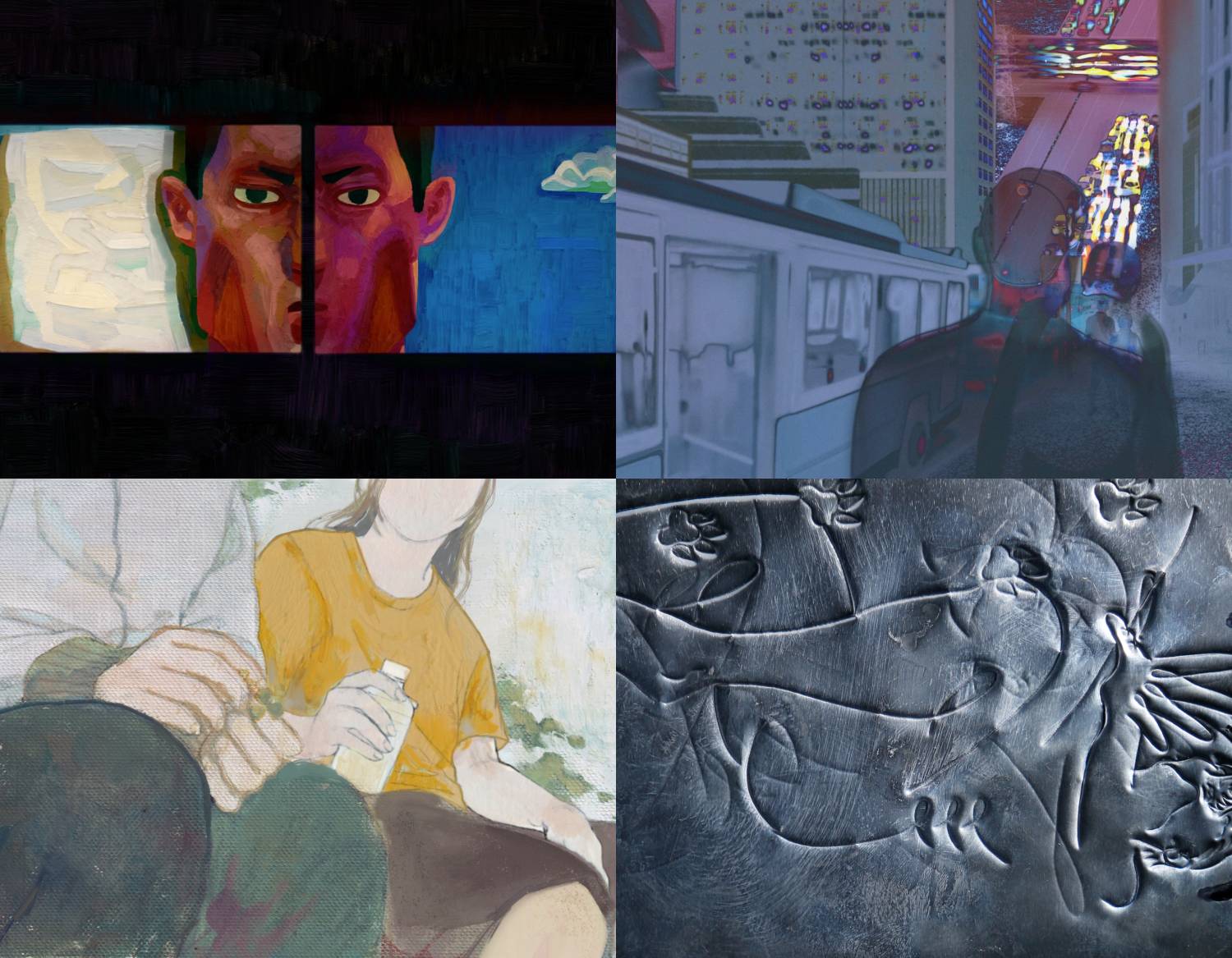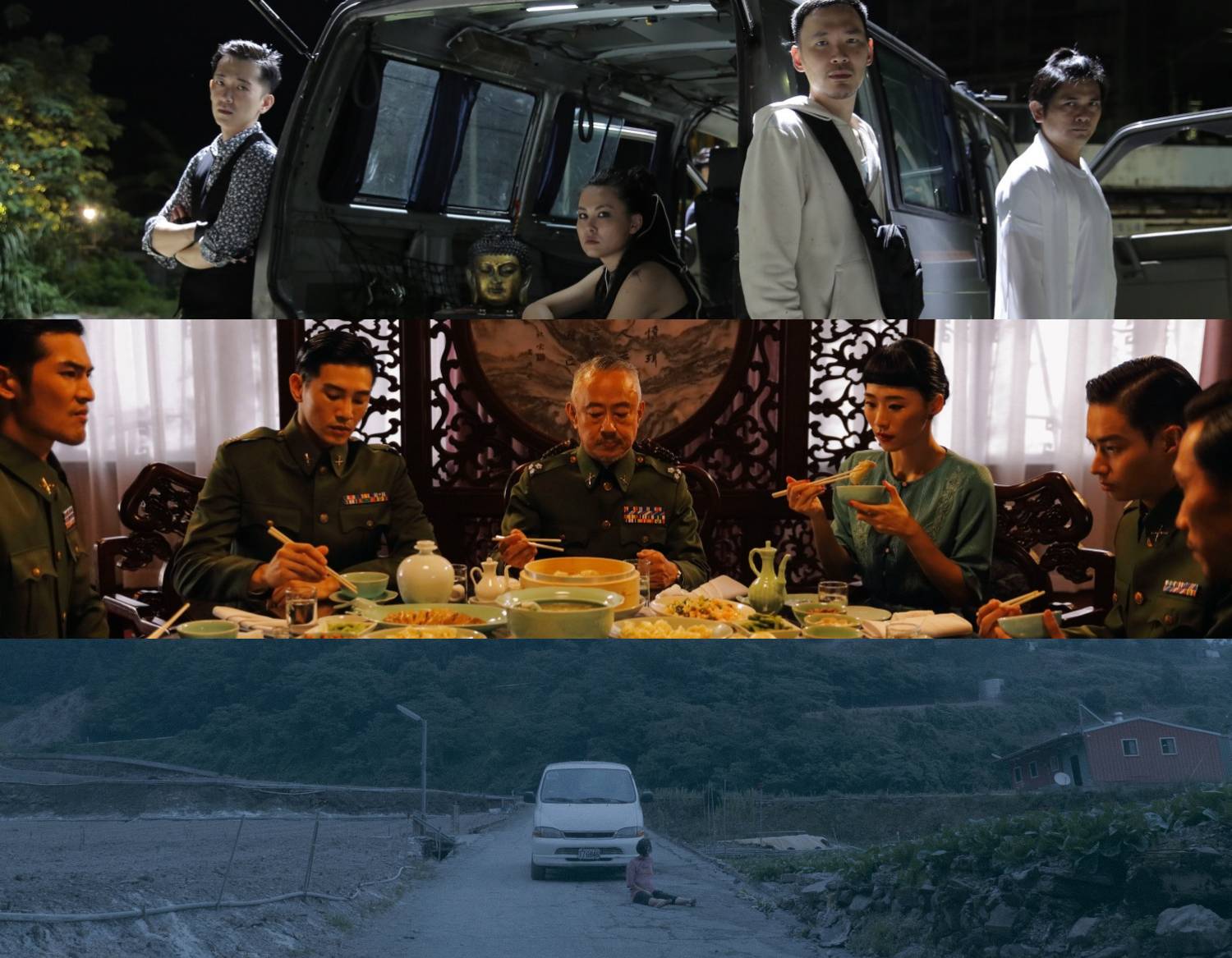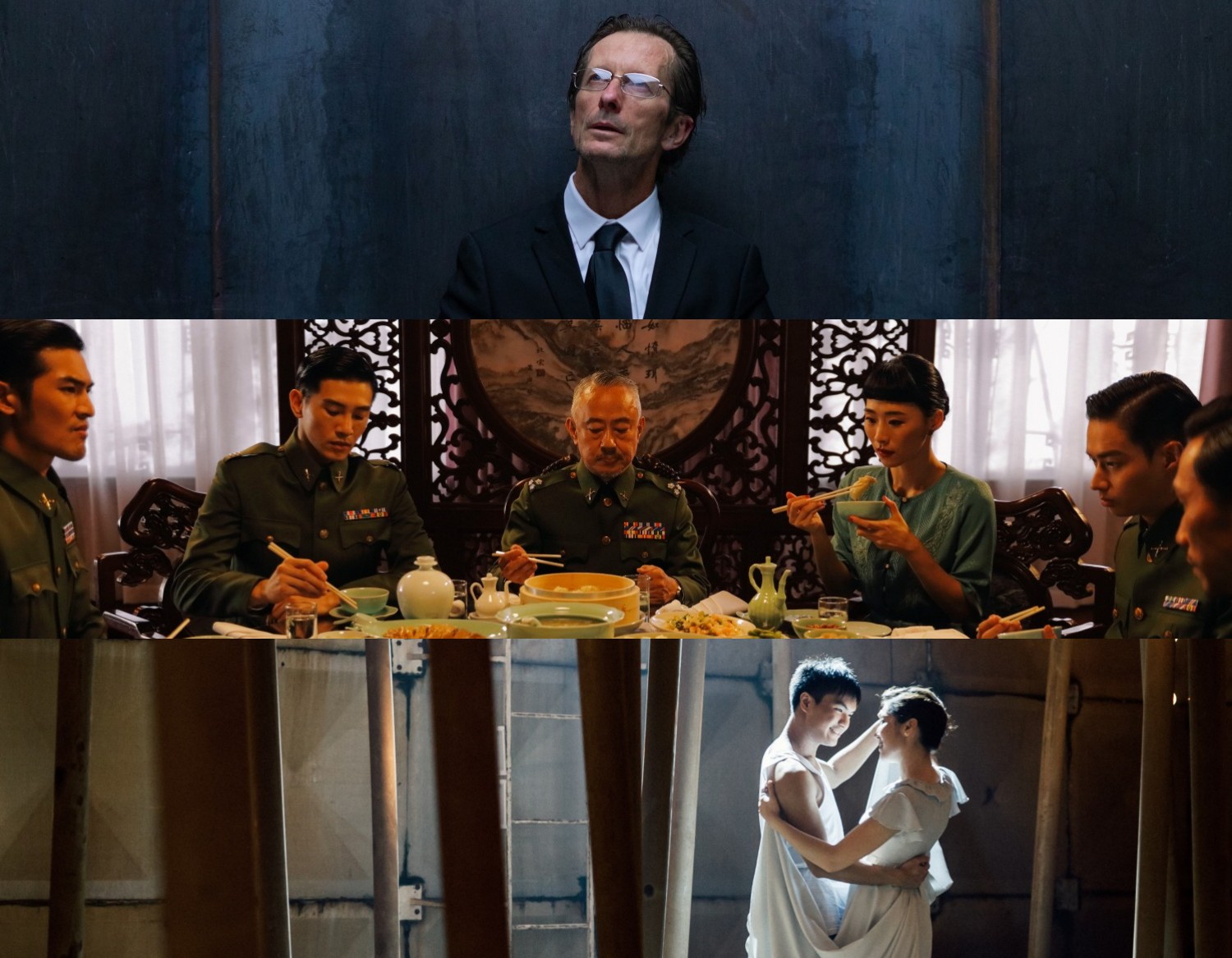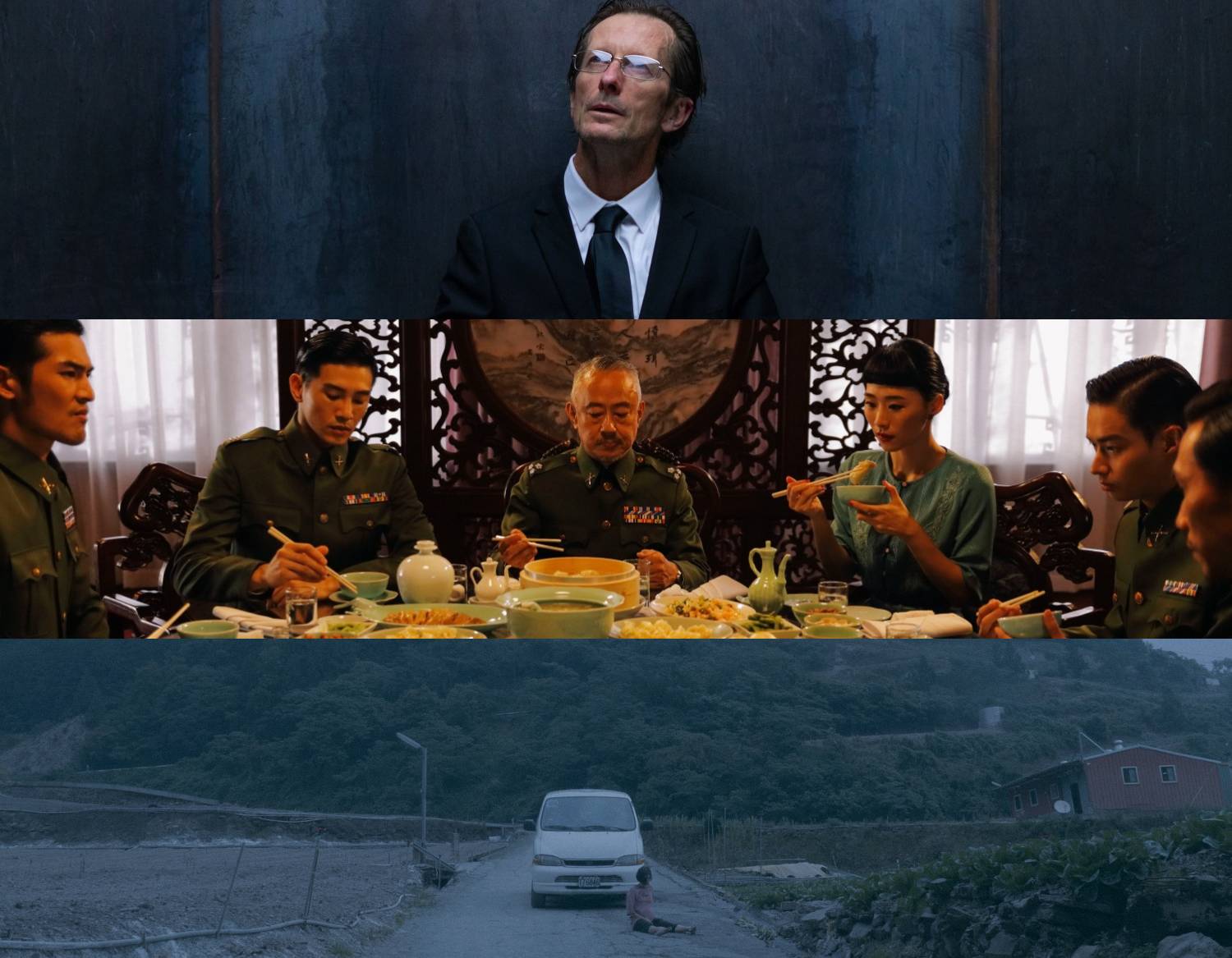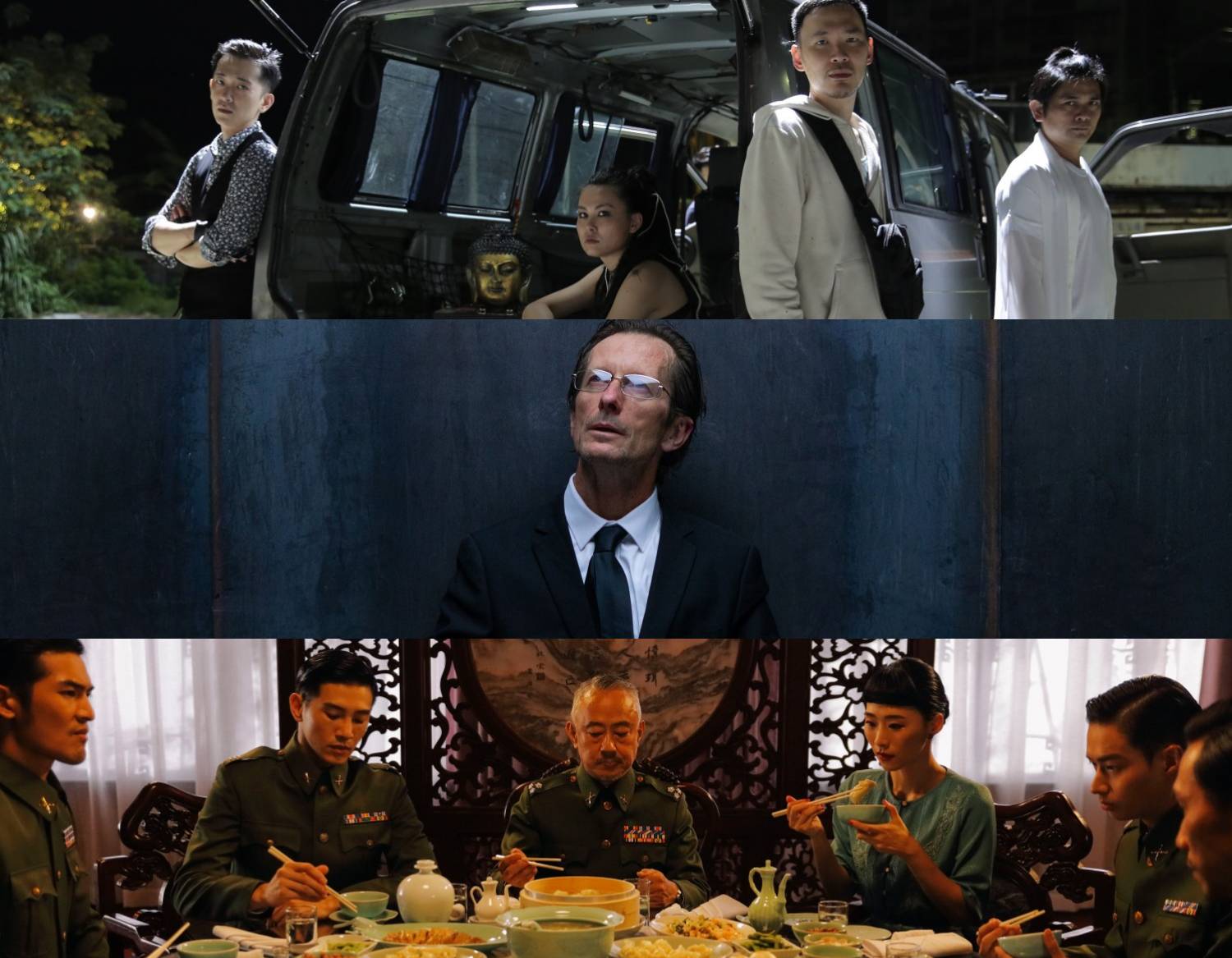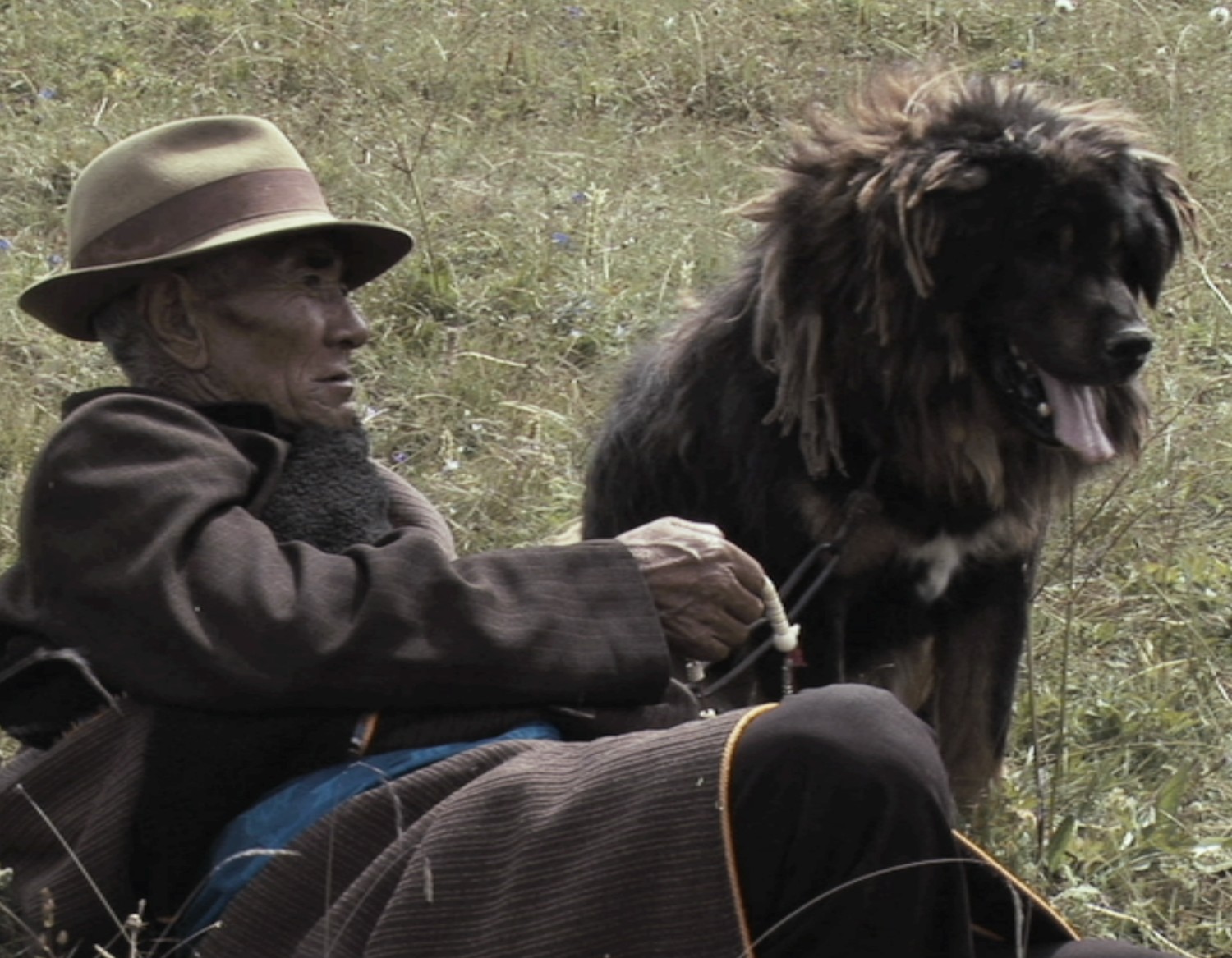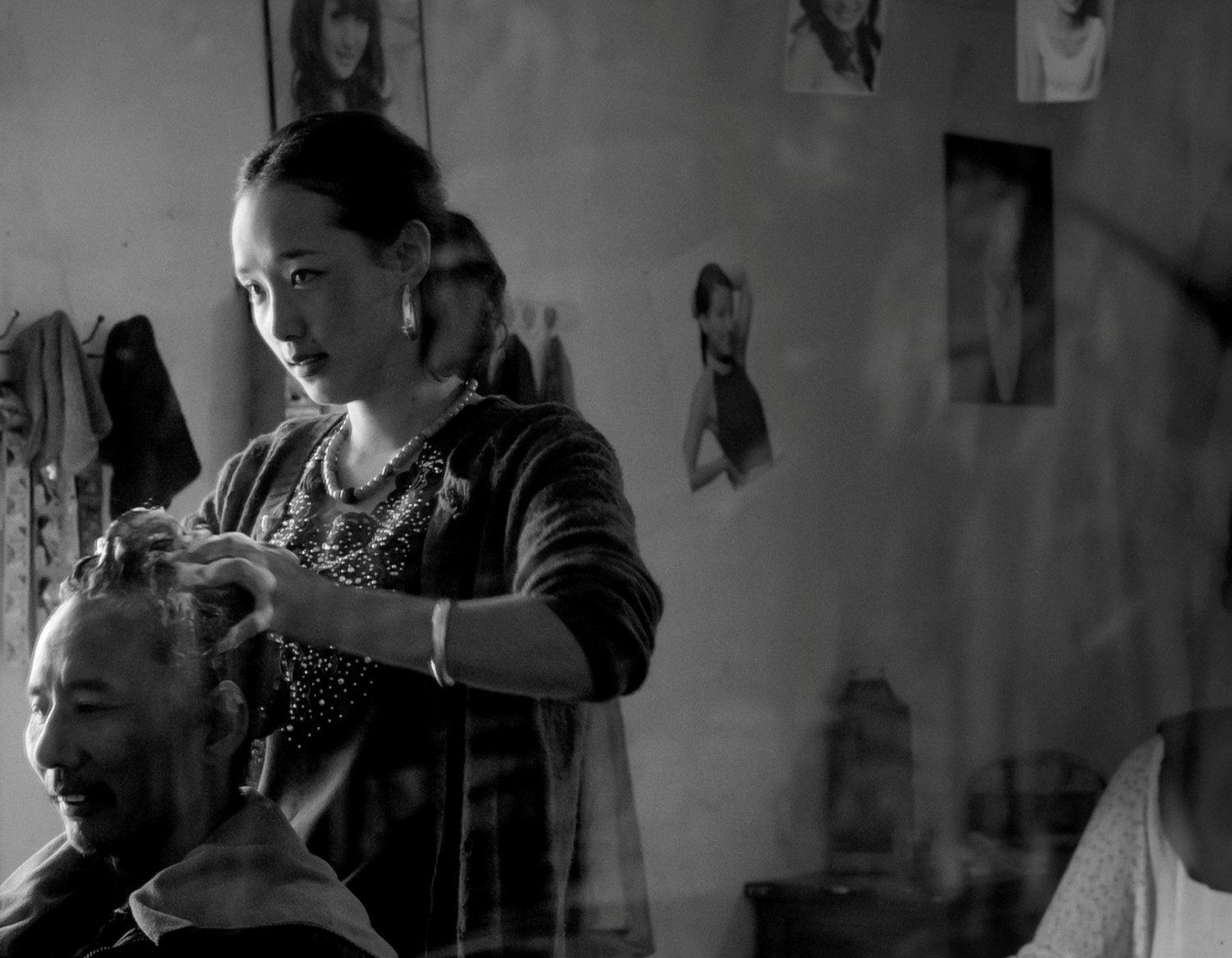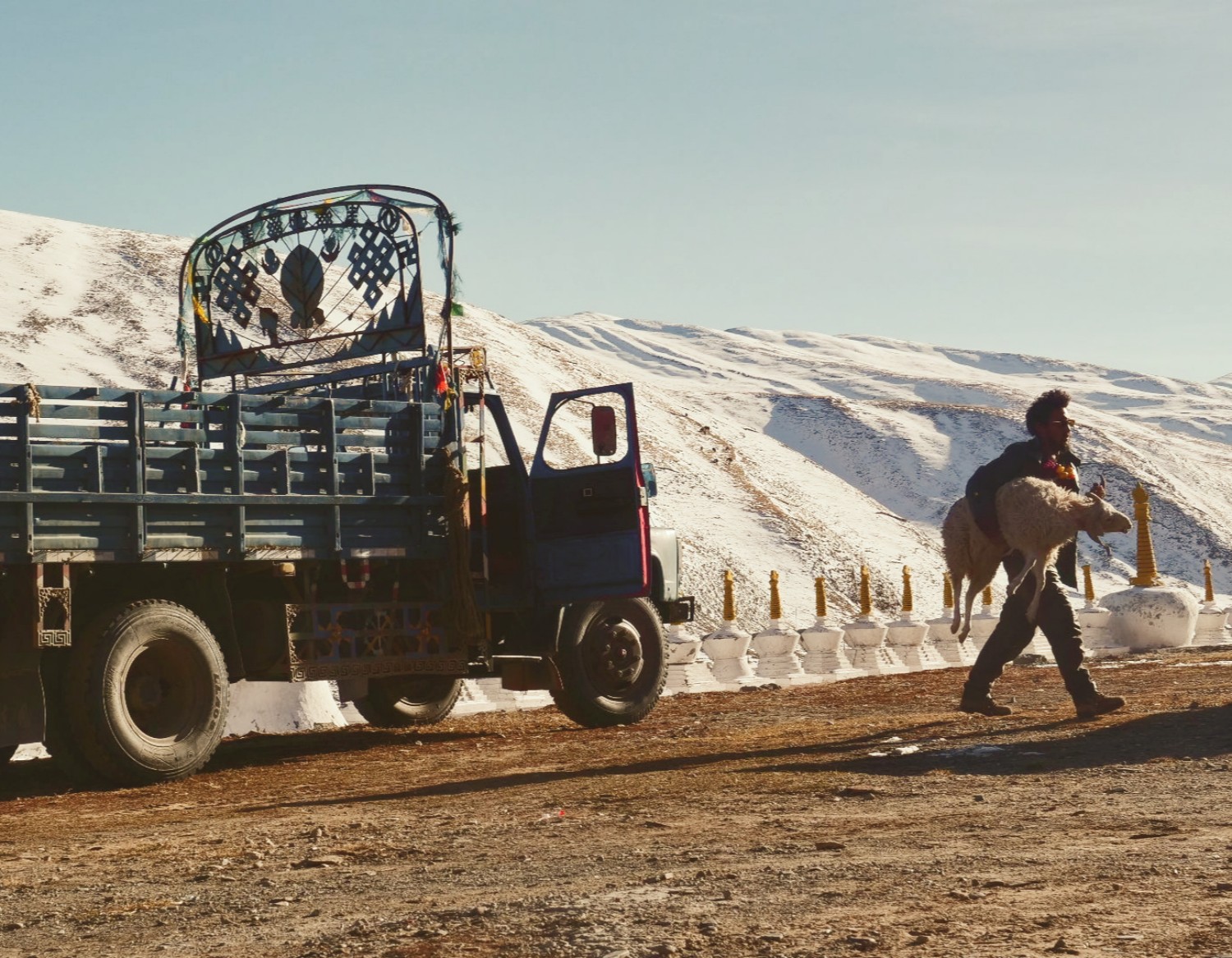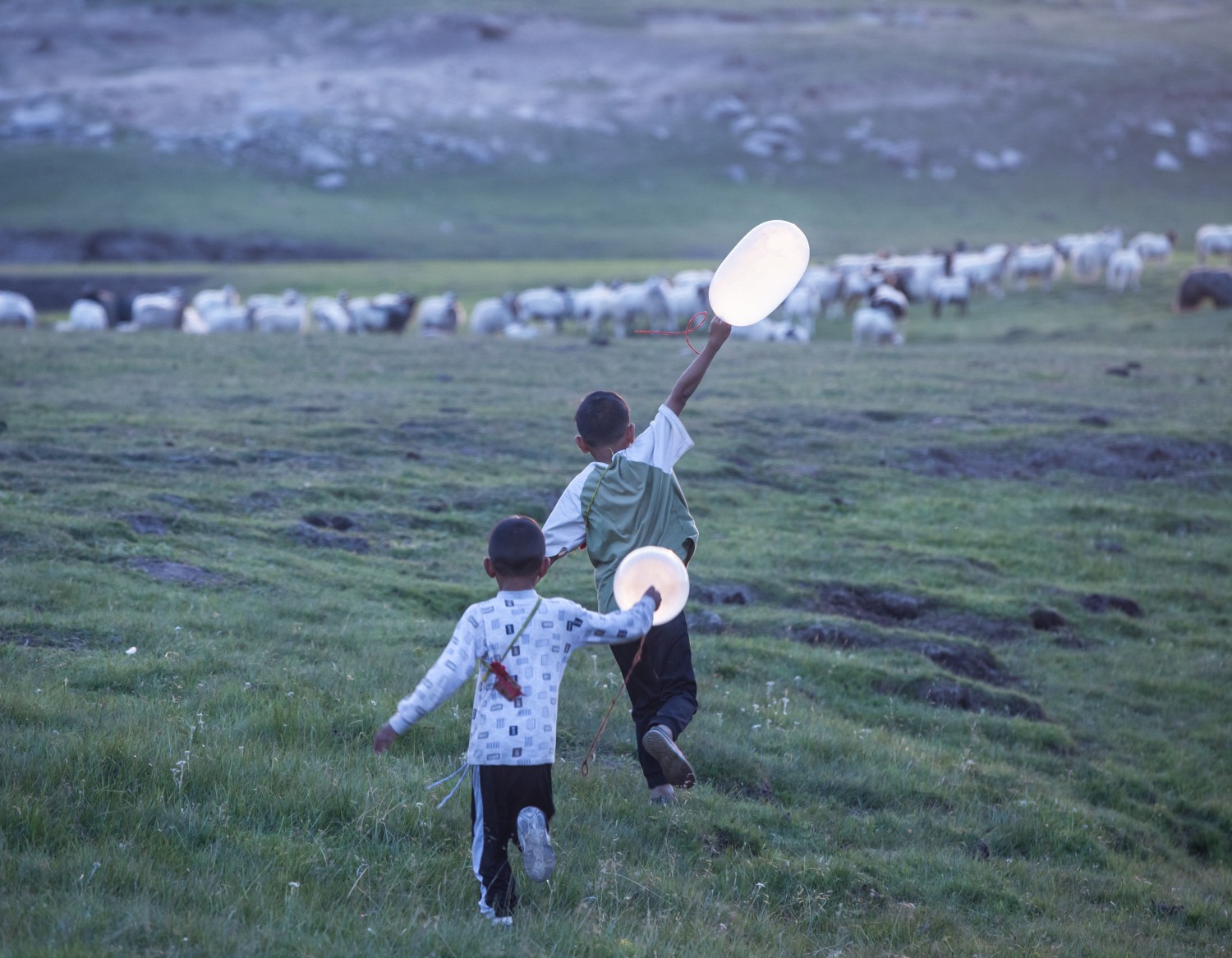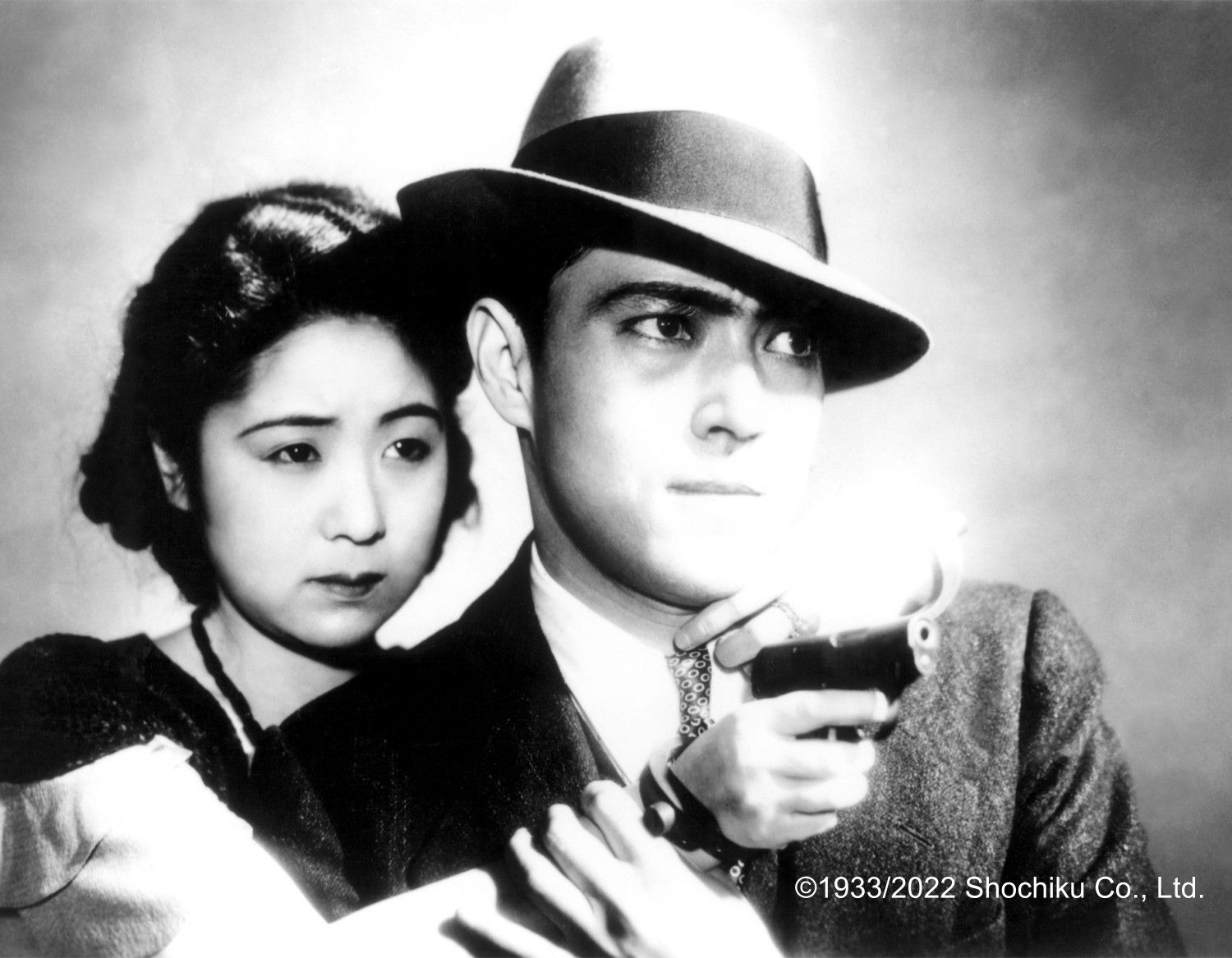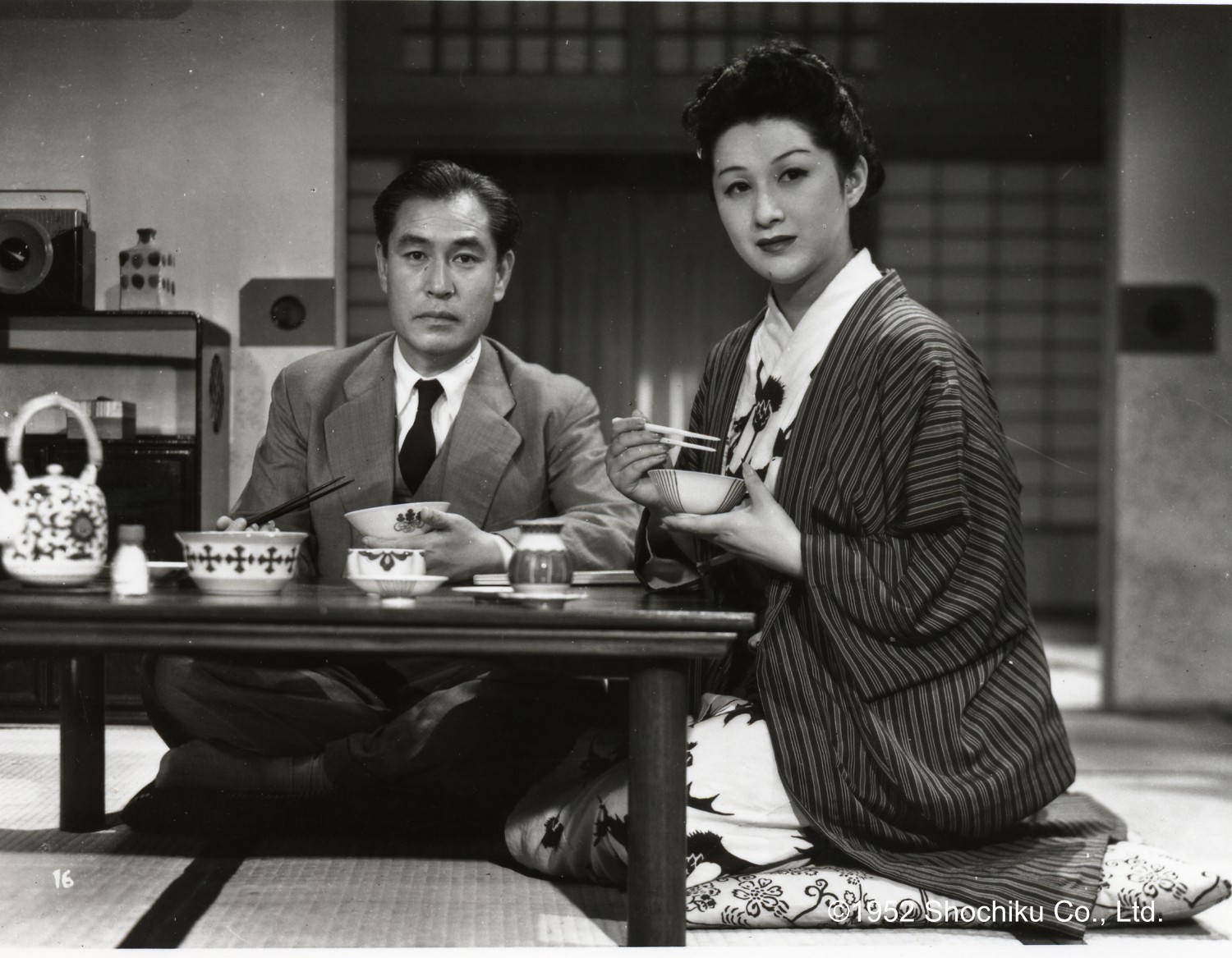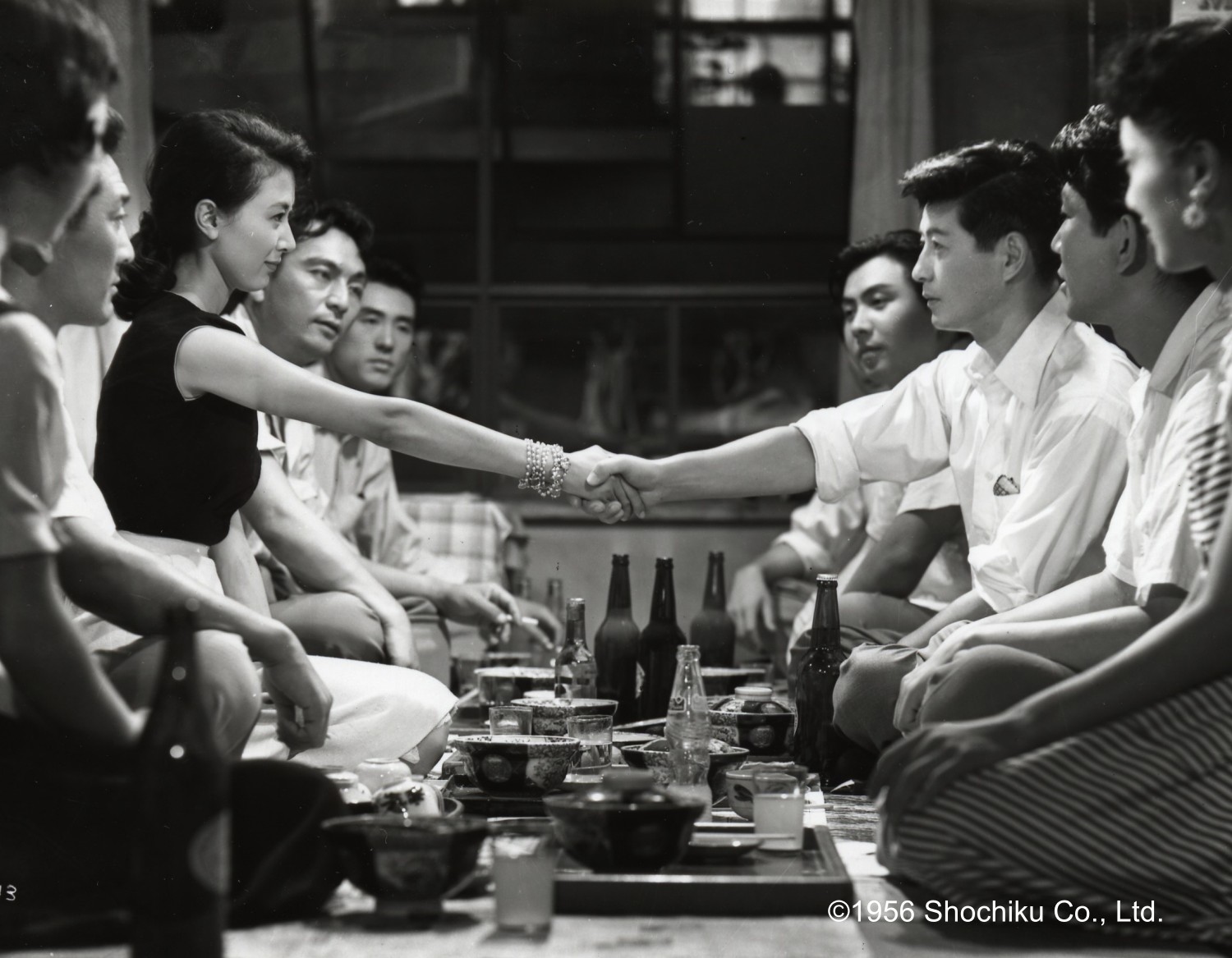2023
Opening Film
Closing Film
Gala Premiere
Festival Spotlight
Fantastic Beats
Neo Cine VR
Growing into maturity and popularity after a decade’s technological development, virtual reality (VR) films now offer a [...]
Growing into maturity and popularity after a decade’s technological development, virtual reality (VR) films now offer a more advanced visual experience and an explosion of creative content. A unique medium that requires the audience’s active exploration and self-immersion, VR is like an entrance leading to the dreams of the cinema. Comprising acclaimed VR documentaries, sci-fis, animations, and dramas across different regions, this selection connects your inner world with the fictitious and the real.
Co-presenter

Programme Partners


Transcending Tibetan Cinema: The Pema Tseden Retrospective
The first Tibetan filmmaker to shoot a feature film entirely in his mother language, Pema Tseden (1969- [...]
The first Tibetan filmmaker to shoot a feature film entirely in his mother language, Pema Tseden (1969- 2023) left a legacy as the trailblazer who defined Tibetan cinema.
Beating the stereotypes and clichés long associated with his homeland, Pema Tseden set out to cut through the veil of mystery shrouding the highland culture and tradition, presenting an honest look at contemporary Tibetan life as the natives saw it – no utopia nor fantasy, but unvarnished views and compelling representations of his land, people and culture.
Ever since his directorial debut, The Silent Holy Stones , the Chinese-trained Tibetan filmmaker unflinchingly sought to reflect an authentic sense of ethnic identity and cultural sensibility, while skilfully working round the system’s confines and the sensitive political climate. Akin to Abbas Kiarostami’s film language, his empathetic lens presents an expansive and emotional portrait of indigenous life on the fringes of a fast-encroaching modernity - the growing gaps between generations, the ancient/modern dichotomies, the tensions between spiritual beliefs and materialism.
Operating at a deeply humanistic level, Pema Tseden’s films offer the world a captivating, hyperreal look at how people there were coping with their everyday struggles. The perseverance of an old shepherd (Old Dog), the wreckage of a simple-minded recluse (Tharlo), the dilemma between faith and reality of a pregnant wife (Balloon) – psyche of the people whose austere lives were thrust into internal crisis are delicately captured under nuanced observations and meticulously framed long shots, imbued with a sense of nostalgia for dying traditions and a subtle critique of declining morality.
Beyond making films that command a striking presence in world cinema, the pioneering director created an embryonic tight-knit network of independent Tibetan filmmakers, including Sonthar Gyal, Lhapal Gya, Dukar Tserang and Jigme Trinley, who went on to direct their own films, express their own voice and continue to forge a modern Tibetan film culture.
The Tibetan Buddhist tradition views life and death as a continuum. Despite his premature passing, Pema Tseden’s spirit will live on, and shine a light on the path to a brighter future of Tibetan cinema.
Ozu120: A Modest Elegance
This year marks the 120th anniversary of Ozu Yasujiro's birth and the 60th anniversary of his passing. [...]
This year marks the 120th anniversary of Ozu Yasujiro's birth and the 60th anniversary of his passing. Like those we love dearly, he never really leaves us; he always lives in his cinema, though only 36 of his films survive to this day. Now returned to their full glory in a newly restored version, this 5-film tribute programme lets us rediscover the iconic Japanese auteur's profound artistry and enduring magic.
Although he described himself, in a self-deprecatory manner, as a 'tofu dealer,' Ozu never limited himself to the meditative Japanese shomin-geki genre. A manifestation of the height of his silent film technique, the gangster melodrama Dragnet Girl represents the most striking of Ozu's American style, yet at no time deviating from his patient humanism towards lowlifes that would become his signature.
From silent to sound films, Ozu combined his refinement of style with a concern for postwar conditions after returning home from the battlefield. Permeated with nostalgia and grief for the city and the community destroyed by bombs, Record of a Tenement Gentleman and A Hen in the Wind show a dichotomy between hope and despair, which may reflect Ozu's wanderings and losses. These two postwar films also allow a rare glimpse at the theme of orphanage and the scene of violence – both never appear again in his cinematic landscape.
Often placing his camera in a static low position that came to be called tatami shots, Ozu gravitated towards the habits of everyday life, but not without the interruption of surprises. His uncomplicated stories in The Flavour of Green Tea Over Rice and Early Spring explore the undercurrents of seemingly happy marriages, while underscoring postwar society's dramatic changes. In his deceptively simple style, Ozu contemplates the gradual disintegration of the traditional way of life, embodying a melancholy towards Japanese cultural values falling into decay.
The discovery of Ozu’s films led Wim Wenders to learn ‘that there had once existed the (now lost) paradise of filmmaking.’ Now, through restoration, we can rediscover this sacred treasure of the cinema that no other director has been able to replicate.


